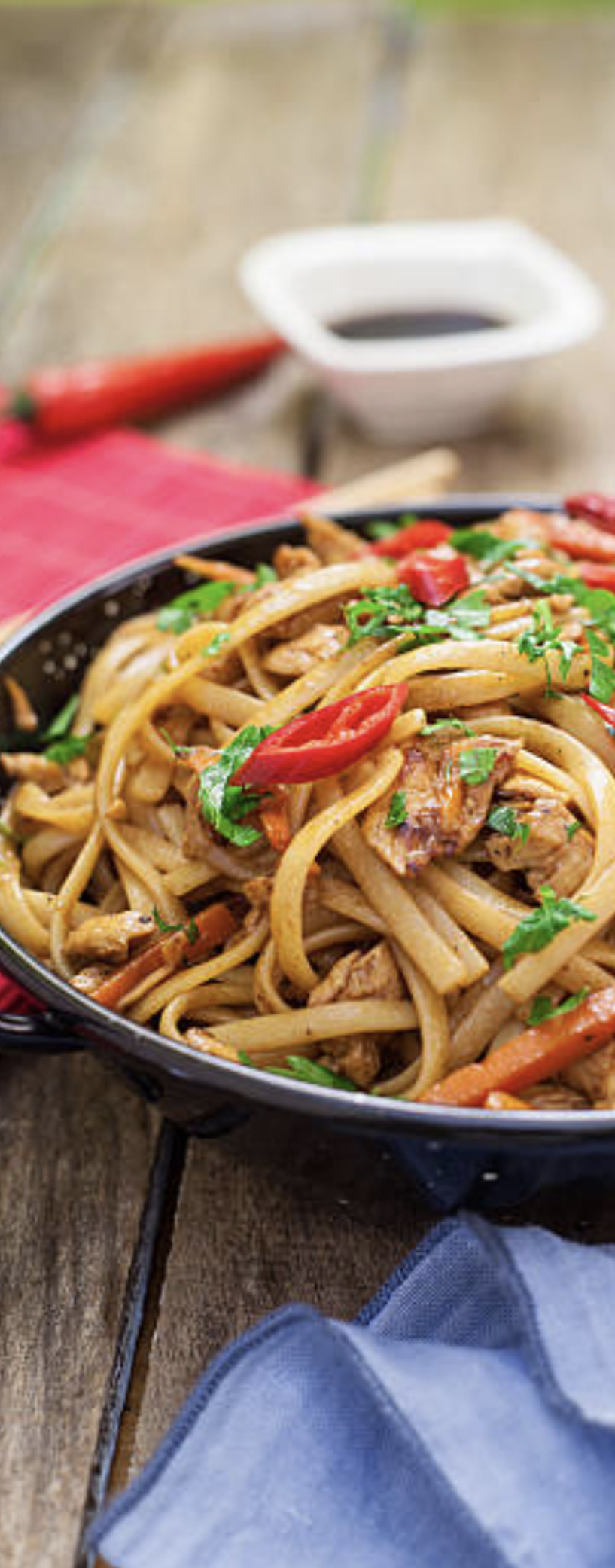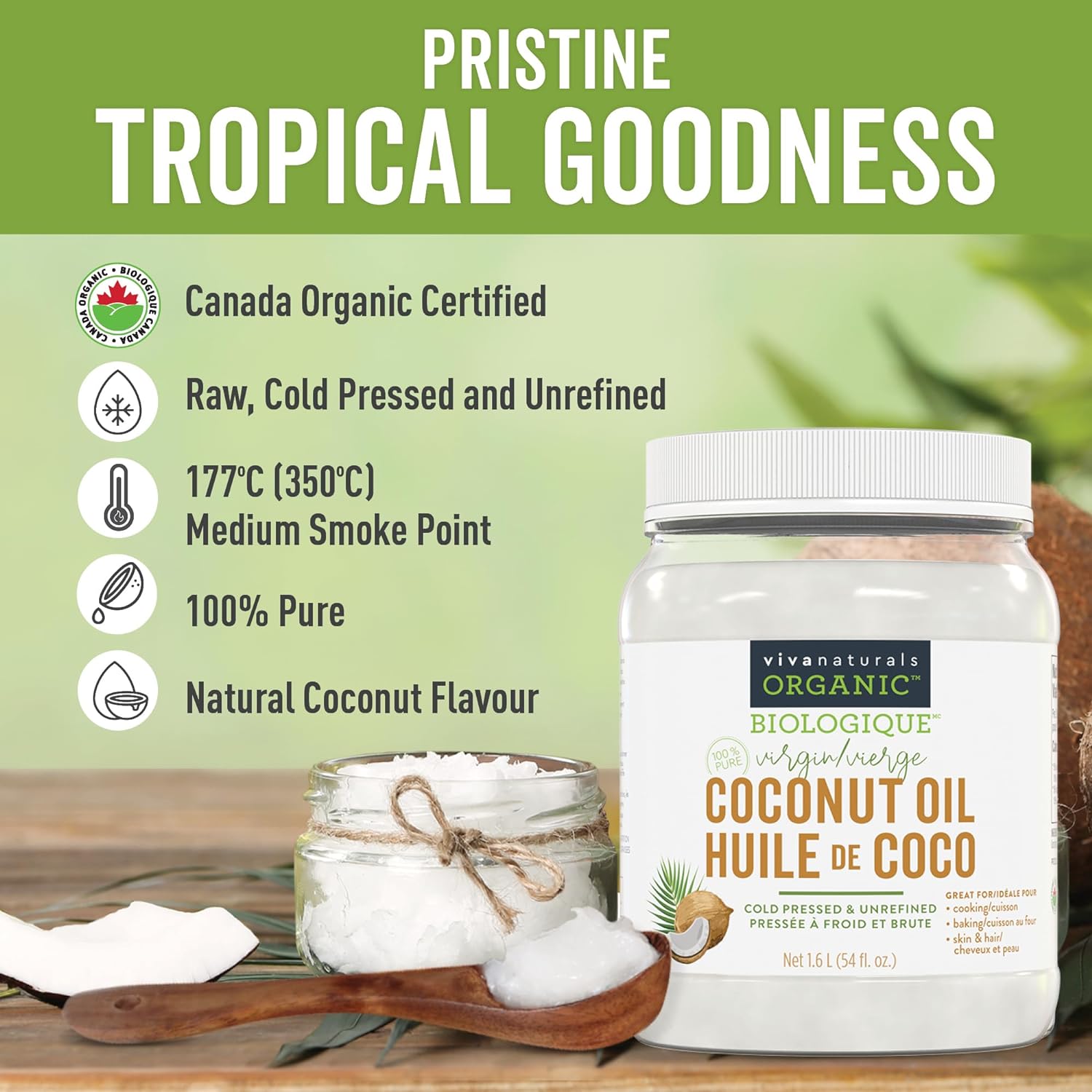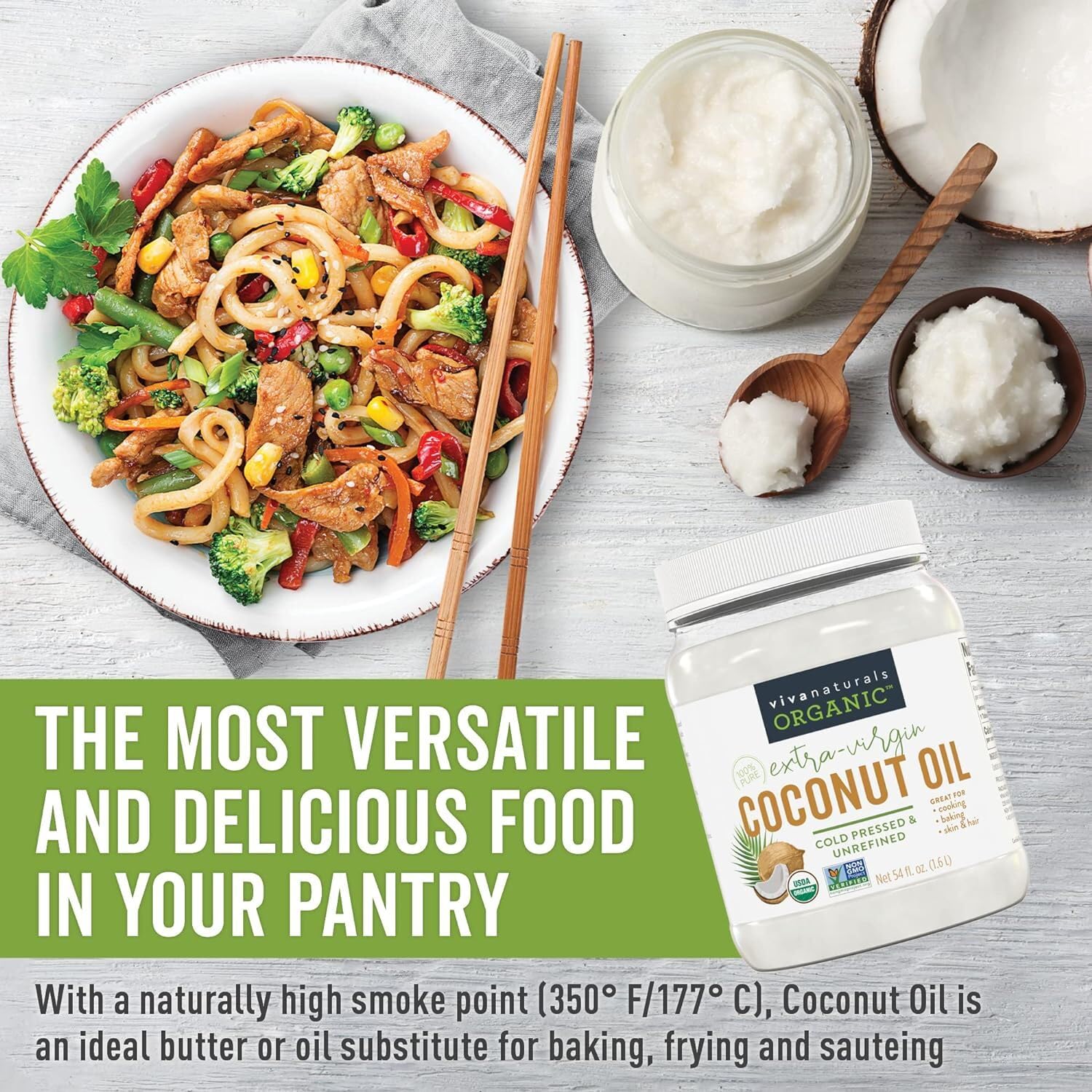
When it comes to fried foods, the common misconception revolves around the idea that it’s solely the fat content that poses a threat to our health. However, the real issue lies deeper, deeply rooted in the TYPE OF FAT used for frying. Most fried foods, especially those found in fast-food joints, are prepared using oils like soy, corn, canola, and cottonseed oil. These oils, though often touted as ‘healthy’ alternatives, are laden with Omega-6 fatty acids, which can wreak havoc on our bodies.
Omega-6, when consumed in excess, has been linked to a myriad of health issues, including arthritis, heart disease, and weight gain. Moreover, the repeated use of these oils in commercial frying exacerbates the problem. As the oil is reused over and over again, it becomes increasingly inflammatory, posing a significant risk to our overall well-being.
What many fail to realize is that the stability of the oil used for frying plays a crucial role in determining its impact on our health. Vegetable oils like soy, corn, canola, and cottonseed oil are highly unstable and prone to breakdown when exposed to heat. This breakdown not only compromises the nutritional value of the oil but also releases harmful compounds that can contribute to inflammation in the body.
So, what’s the solution?
It’s simple – opt for healthier alternatives like coconut oil or lard. These fats are not only stable at high temperatures but also lack the inflammatory properties associated with their vegetable oil counterparts. By making this switch, you can enjoy your favorite fried foods without compromising your health.
Coconut oil, in particular, has gained popularity in recent years for its numerous health benefits. Unlike vegetable oils, coconut oil is rich in medium-chain triglycerides (MCTs), which are known to boost metabolism and promote weight loss. Additionally, coconut oil has antimicrobial properties that can help combat bacteria and viruses in the body, further enhancing its appeal as a frying medium.
Similarly, lard, though often vilified in the past, is making a comeback as a healthier alternative to vegetable oils. Rendered from pork fat, lard is not only stable at high temperatures but also imparts a rich, savory flavor to fried foods. Moreover, recent research has debunked the myth that saturated fats like those found in lard are inherently unhealthy, further cementing its place as a viable option for frying.
But what about reusing coconut oil for frying? Can it maintain its quality after multiple uses?
The answer is yes, to a certain extent. Coconut oil is more stable than many other vegetable oils, making it suitable for multiple uses in frying. However, there are factors to consider when reusing coconut oil to ensure its quality remains intact.
Firstly, it’s essential to strain the oil after each use to remove any food particles or debris that may have accumulated during frying. This helps prevent the oil from breaking down prematurely and maintains its purity.
Secondly, monitor the temperature at which you fry your foods. Coconut oil has a smoke point of around 350°F to 375°F (175°C to 190°C), so try to avoid heating it beyond this temperature to prevent it from deteriorating rapidly.
Lastly, pay attention to the overall condition of the oil. If it starts to develop a rancid smell, darkens in color significantly, or foams excessively during heating, it’s a sign that the oil has degraded and should be discarded.

While coconut oil can be reused for frying, it’s essential to practice proper oil maintenance and use your discretion to determine when it’s time to replace it with fresh oil. This ensures that you can enjoy the benefits of coconut oil for frying without compromising its quality or your health.
So, the next time you indulge in fried foods, remember that it’s not just about the fat content – it’s about the type of fat you’re consuming and how you prepare it. By opting for stable, non-inflammatory fats like coconut oil or lard and practicing proper oil maintenance, you can enjoy your favorite fried treats without compromising your health. So go ahead, fry away, and savor every crispy bite knowing that you’re making a smarter, healthier choice for your body. Try this Non-GMO Extra Virgin Coconut Oil.



